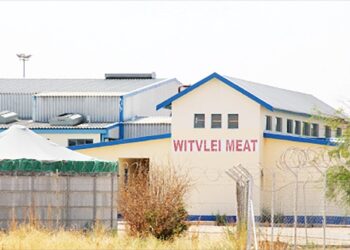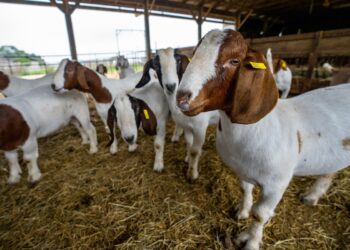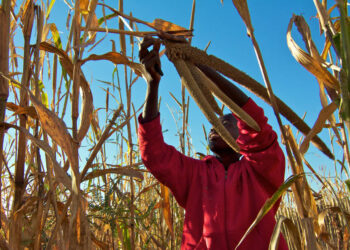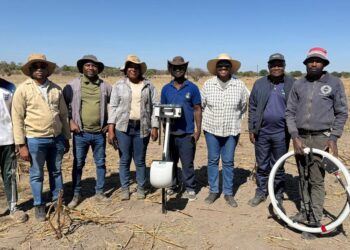
The Agricultural Bank of Namibia (Agribank) will cease accepting cash payments with effect from the 1st of December 2022.Â
“This decision to discontinue cash payments at Agribank branches is in line with the Bank’s strategy to effectively manage the security risk facing the Bank’s employees that are responsible for receiving and handling cash payments across all eight branches of the Bank,†Agribank Spokesperson Fillemon Nangonya said.Â
“Agribank is a non-deposit taking financial institution which does not provide banking services like commercial banks. Agribank’s business is solely based on advancing loans to individuals, business entities, or financial intermediaries for the promotion and development of agriculture and related activities in the country. This implies that the Bank has limited cash handling facilities and does not charge clients for cash deposits. At the same time, the Bank continues to bear the costs when depositing cash in its own bank accounts at commercial banks.â€Â
The agriculture-focused bank said the change in policy will also allow it to comply with regulatory requirements and verify the source of the funds.Â
“This change is an effort by Agribank to further contribute to the combating of money laundering in the country. Money laundering is regulated in terms of the Financial Intelligence Act, with specific reference to Know Your Customer (KYC) requirements. This requires stringent verification of the source of cash funds and reporting thereon,†he said.Â
With reference to Agribank services, Nangonya said for a client to access Agribank loan products, the client should have a bank account with any commercial bank.Â
“Prospective clients who do not have bank accounts are required to open a bank account as a condition to access Agribank loan facilities. As such, the decision to not accept cash payments will not affect the ability of clients to make payments through electronic bank transfers and deposits through commercial banks,†he said.Â
The Bank has also encouraged clients to continue honouring their loan obligations, by ensuring timely payment of their loan instalments. This will enable the Bank to continue delivering on its mandate of promoting and developing the agriculture sector, to ensure national food security, promote sustainable employment, and improve overall economic growth.











